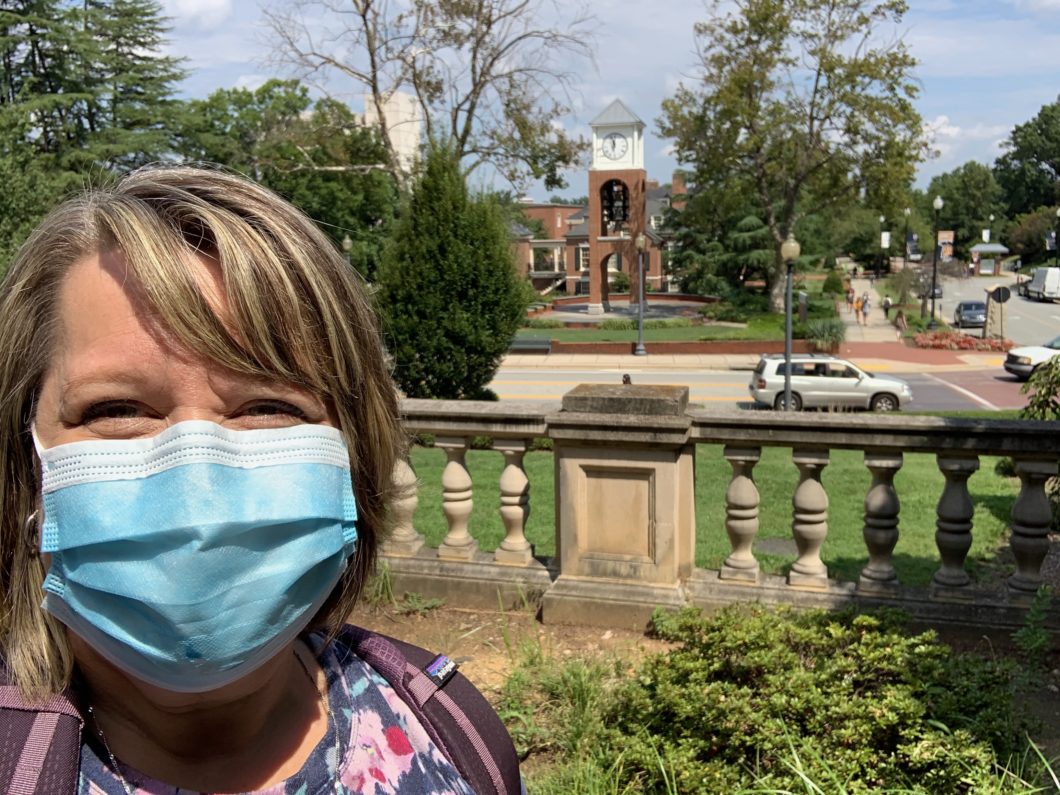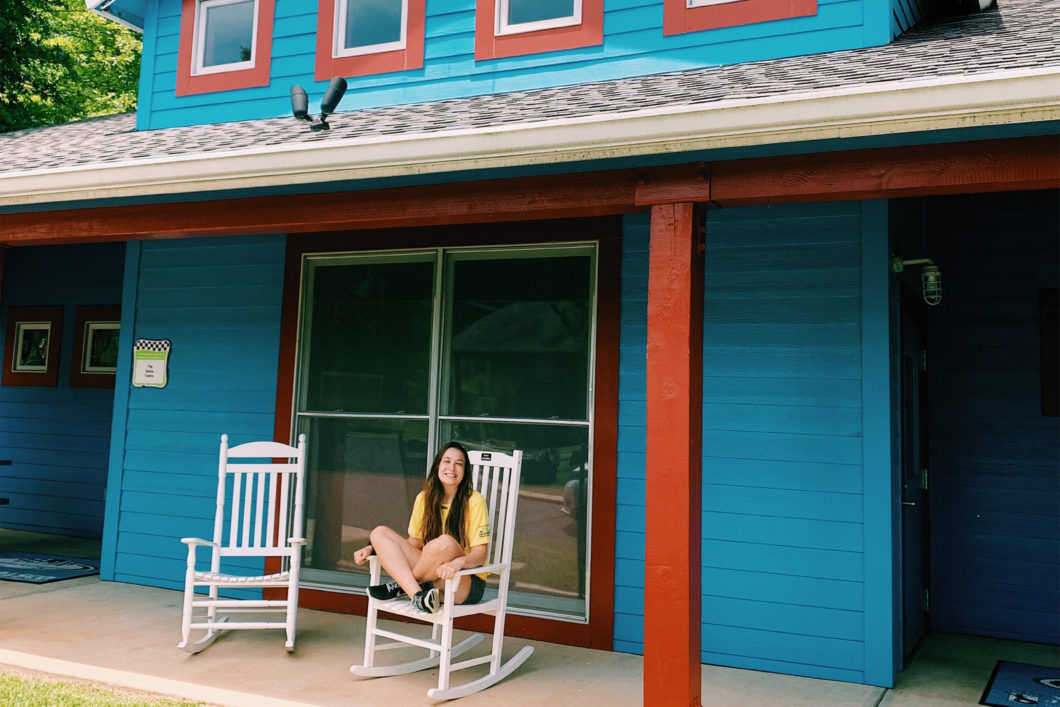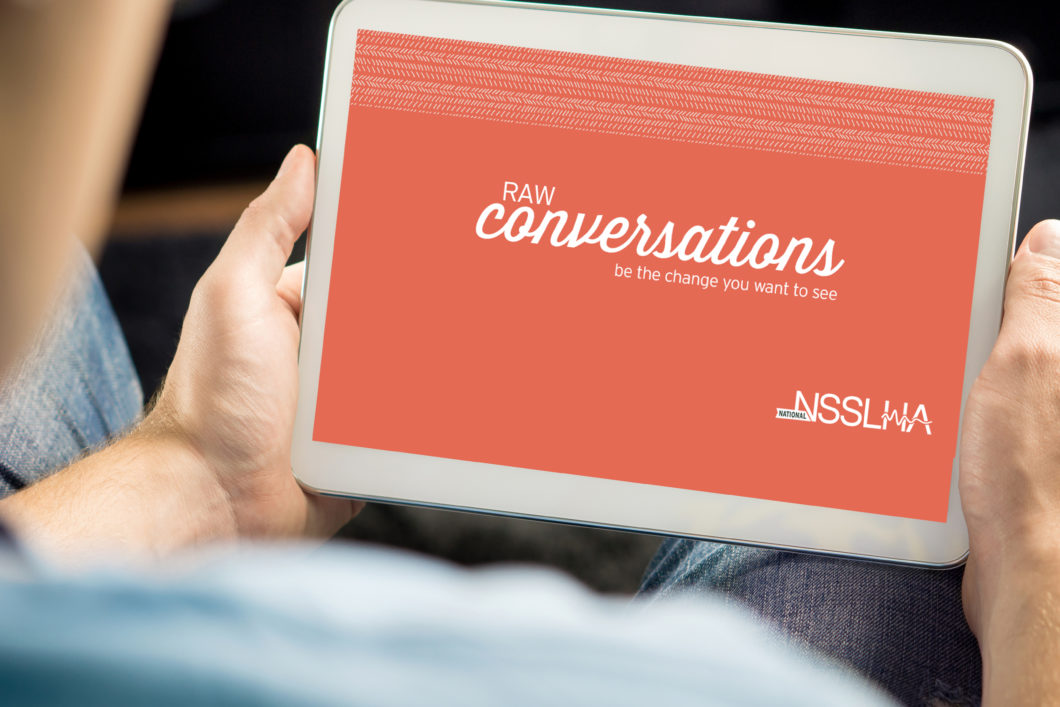Every Wednesday morning at 6:00, as I step out of my house into the darkness of the garage, a feeling of accomplishment washes over me. It is palpable. Every single time. My day’s barely begun, and the exhilaration of walking out that door with backpack on, my dream in motion, generates a tremendous feeling of success within me. And I’m not even a morning person!…
Practicing Gratitude During a Pandemic
As we’ve entered into this most unusual fall season, I couldn’t help but reflect . . . how did we end up here? Last fall, I entered into the SLP grad school application process eager and excited to participate in an on-campus program to get that real “grad school experience,” meet like-minded people passionate about CSD, and work face-to-face with my first clients. Then, a…
5 Tips to Grow Your Leadership Skills
Everyone has their own path to the speech, language, and hearing world, and it’s important to recognize every path is different. Some students attend a program specifically tailored to communication sciences and disorders (CSD), whereas others may have a background in linguistics or psychology. No matter what you’re majoring in, I believe everyone should take that step towards gaining leadership experiences. It’s easy to get…
Continuing the Conversation About Social Justice Issues in CSD
In “Courageous Conversations About Race,” author Glenn Singleton notes there should always be four agreements when having group conversations about social justice issues: Staying engaged Experiencing discomfort Speaking your truth Expect/accept non-closure Such expectations are easier said than done, but National NSSHLA’S Raw Conversations: Be the Change You Want to See was a great opportunity to practice these agreements with fellow CSD students from across…




